One of them is: don't change the defense mid-game unless absolutely necessary. Ruben Amorim, at Man Utd, has broken that rule. Since the start of the season, seven games, seven times he has changed the center back - and not once has it been due to injury. The question is: is Amorim bravely breaking the mold, or recklessly pushing the team into a spiral of instability?
dangerous habits
Against Fulham, when the fans were shouting “attack, attack, attack”, Amorim added more defenders. Against Brentford, the audience witnessed a strange scene: Harry Maguire, Luke Shaw, De Ligt, Leny Yoro, and then Diogo Dalot were all placed in a three-man defense, rotating as if it was a laboratory. The result: Mason Mount had to move to the left wing-back - a position that made the legendary Gary Neville exclaim: “Unacceptable”.
In fact, those decisions were not forced. They were Amorim's choice. And it made the players lose their footing, and the spectators lose patience. Football is a sport of habit, of understanding. The more stable the defense, the greater the confidence. Amorim was doing the opposite.
Behind that “stubbornness” lies a story of fitness and injuries. Maguire, at 32, must be managed for his game load. Luke Shaw, during his 11 years at Old Trafford, has missed more games (334) than he has started (293). Leny Yoro, only 19, has just recovered from a foot injury and still lacks the stamina to play continuously. Ayden Heaven is just a young reserve player, and Lisandro Martínez is still nursing a ligament injury.
In other words, Amorim doesn’t have a truly stable central defender base. The only one who can play a full 90 minutes regularly is Matthijs de Ligt - a contract from Bayern, who has only just recovered from injury. Amorim has to rotate, but the fact that he rotates during the game rather than rotating round by round is a problem.
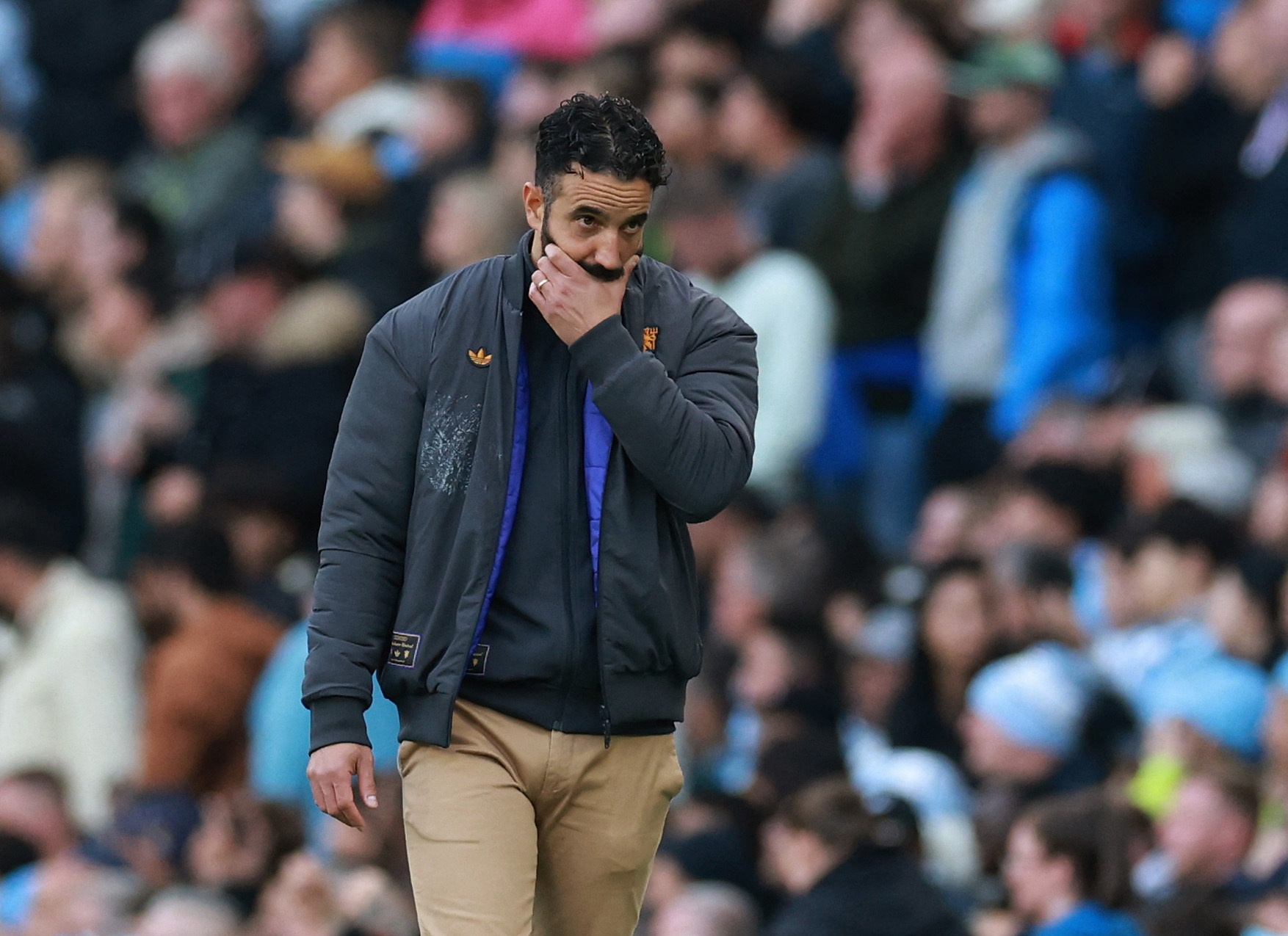 |
Amorim’s approach is even more scrutinized when compared to his predecessor Erik ten Hag. Last season, Ten Hag also had to use more than 30 different center-back pairings due to the injury crisis. But he rarely proactively changed center-backs during the match, because he understood that such disruption would destroy the defensive structure. Only in the last 10/14 matches did he have to “break the rules”.
Amorim considers it a habit. Since the end of last season, he has had a streak of changing his central defenders almost every game. That habit has continued into this season, becoming a negative mark.
Tactical impact
The instability in the back line makes the entire 3-4-2-1 system fragile. When the center-backs are constantly changing, the understanding between the full-backs, the goalkeeper, and the deep-lying midfielders is affected. As a result, Manchester United often leave gaps, especially on the left flank, when Shaw or Mount have to cover the gap.
Against Chelsea, Amorim even replaced Maguire midway through the second half - despite admitting that the Blues were dangerous in the air. Not long after, Trevoh Chalobah scored from a Reece James cross. The decision to substitute him was not only confusing, but also eliminated the height and aerial advantage.
Another aspect that is rarely discussed is that the constant turmoil in the defense creates a feeling of lack of confidence. For the players, being withdrawn in the middle of a game - when they are not injured or have not made a serious mistake - means the coach does not trust them. And for the players who are brought in, they know that they are only a piece of the puzzle.
This has a negative psychological effect. Instead of creating healthy competition, Amorim has unintentionally turned the dressing room into a place where players are always worried about being replaced at any time.
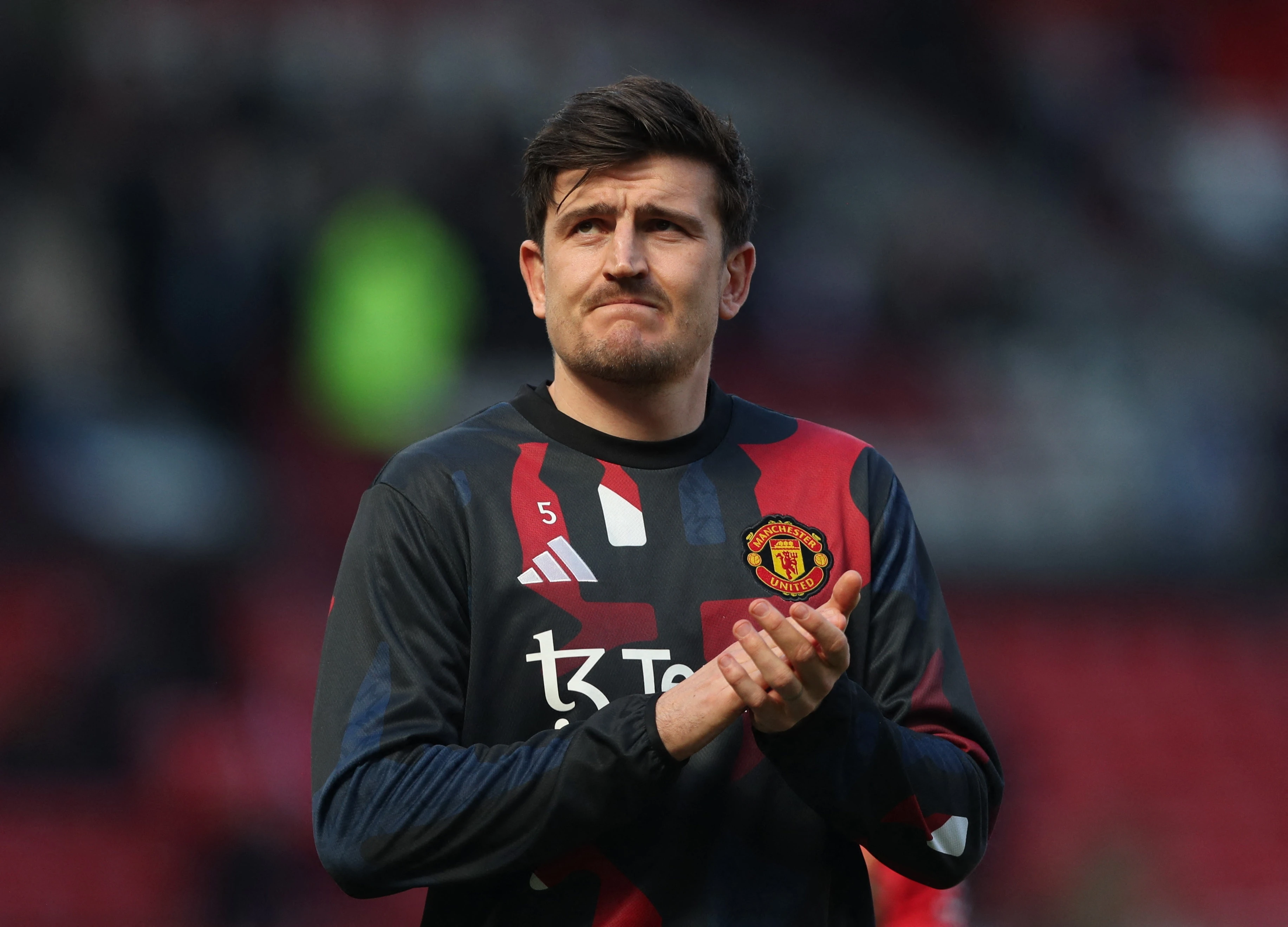 |
Amorim came to Old Trafford expecting to be a symbol of innovation. Now he has been branded “a rule breaker”. In football, breaking the rules is not always innovation. Sometimes, it is simply… destruction.
Amorim has his reasons: he wants to protect the physical strength of Maguire, Yoro or Shaw. But that protection is causing the whole team to lose balance. A team cannot build a solid defensive foundation when the coach constantly withdraws - adds - changes the center-back position during the match.
While Neville publicly criticized, former striker Wayne Rooney also declared that he “no longer has faith” in Amorim, Man Utd is still struggling in the midst of a crisis. And one of the important reasons is the unusual use of people in defense.
Modern football allows for creativity, but also demands discipline. Amorim may say he did this to conserve his squad. But to fans, to pundits, and perhaps to the players, the changes only showed inconsistency.
At Old Trafford, once proud of the Ferdinand-Vidc walls of steel, there now exists an experimental rotating defence. Amorim has broken the unwritten rules - and the price has been stability, trust, even his own future at Man Utd.
Source: https://znews.vn/amorim-pha-luat-roi-pha-nat-mu-post1589550.html


![[Photo] General Secretary To Lam, Secretary of the Central Military Commission attends the 12th Party Congress of the Army](https://vphoto.vietnam.vn/thumb/1200x675/vietnam/resource/IMAGE/2025/9/30/9b63aaa37ddb472ead84e3870a8ae825)
![[Photo] Solemn opening of the 12th Military Party Congress for the 2025-2030 term](https://vphoto.vietnam.vn/thumb/1200x675/vietnam/resource/IMAGE/2025/9/30/2cd383b3130d41a1a4b5ace0d5eb989d)
![[Photo] The 1st Congress of Phu Tho Provincial Party Committee, term 2025-2030](https://vphoto.vietnam.vn/thumb/1200x675/vietnam/resource/IMAGE/2025/9/30/1507da06216649bba8a1ce6251816820)
![[Photo] President Luong Cuong receives President of the Cuban National Assembly Esteban Lazo Hernandez](https://vphoto.vietnam.vn/thumb/1200x675/vietnam/resource/IMAGE/2025/9/30/4d38932911c24f6ea1936252bd5427fa)

![[Photo] Panorama of the cable-stayed bridge, the final bottleneck of the Ben Luc-Long Thanh expressway](https://vphoto.vietnam.vn/thumb/1200x675/vietnam/resource/IMAGE/2025/9/30/391fdf21025541d6b2f092e49a17243f)




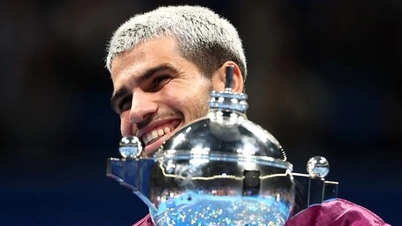

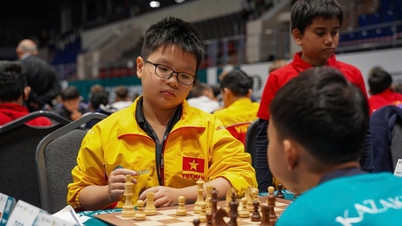
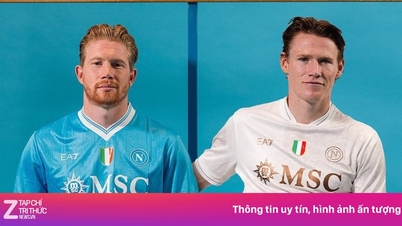







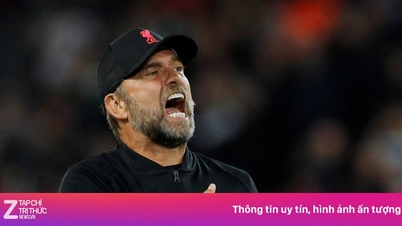
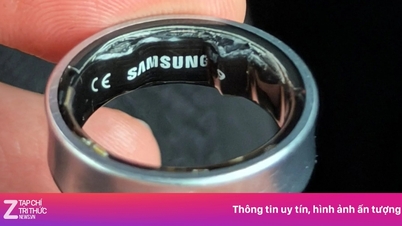

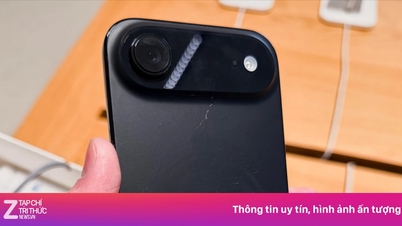






































































Comment (0)